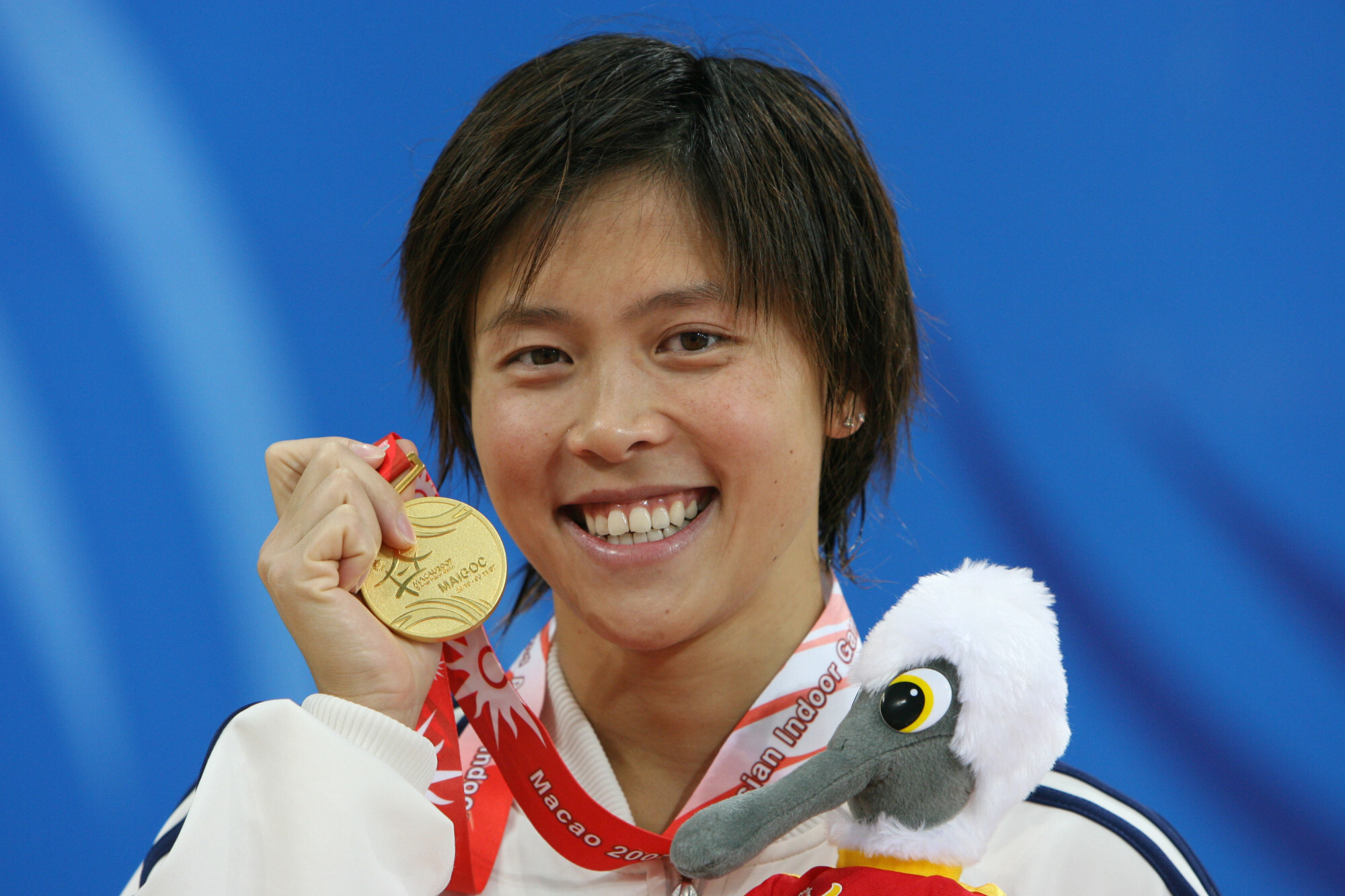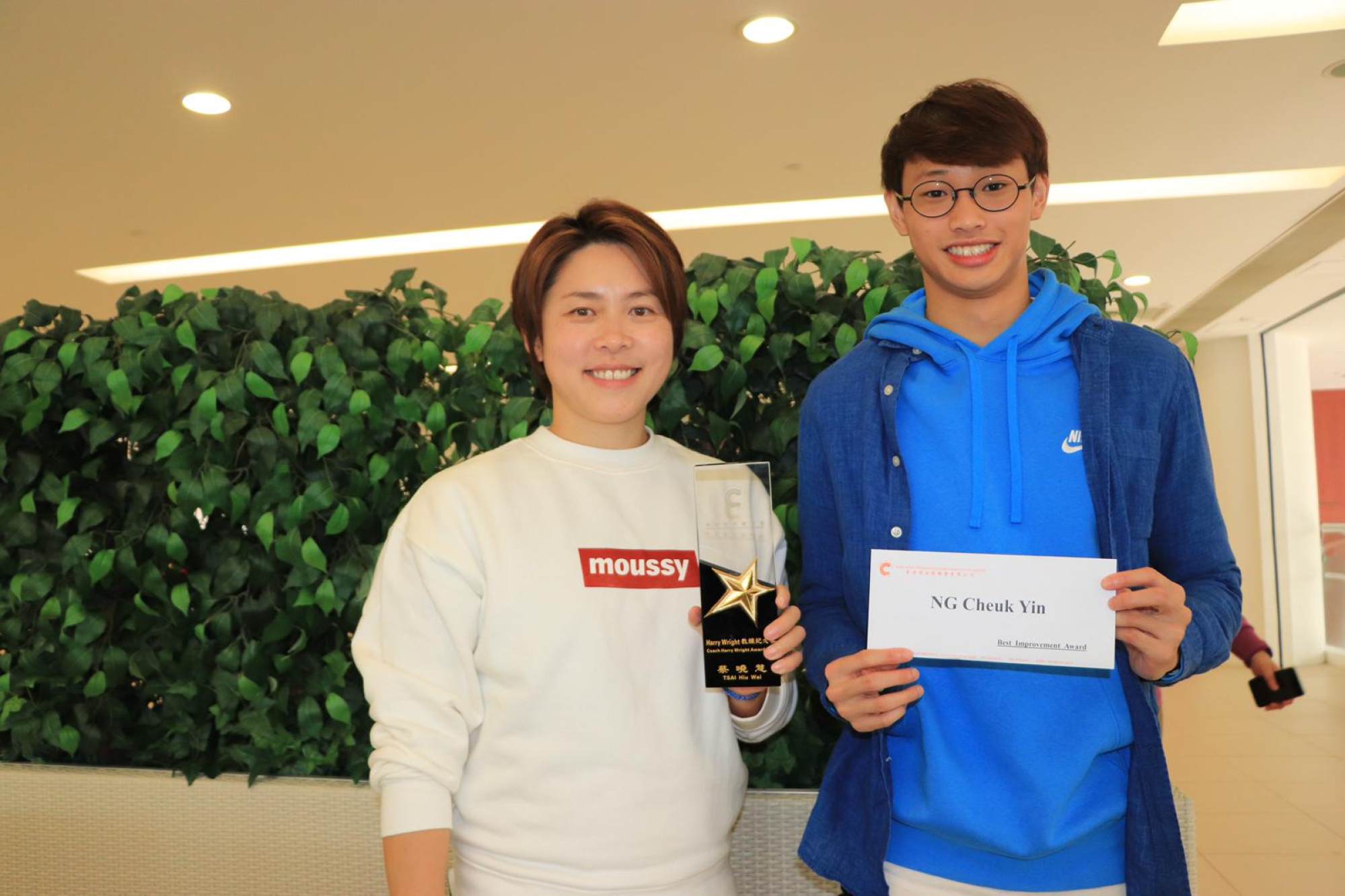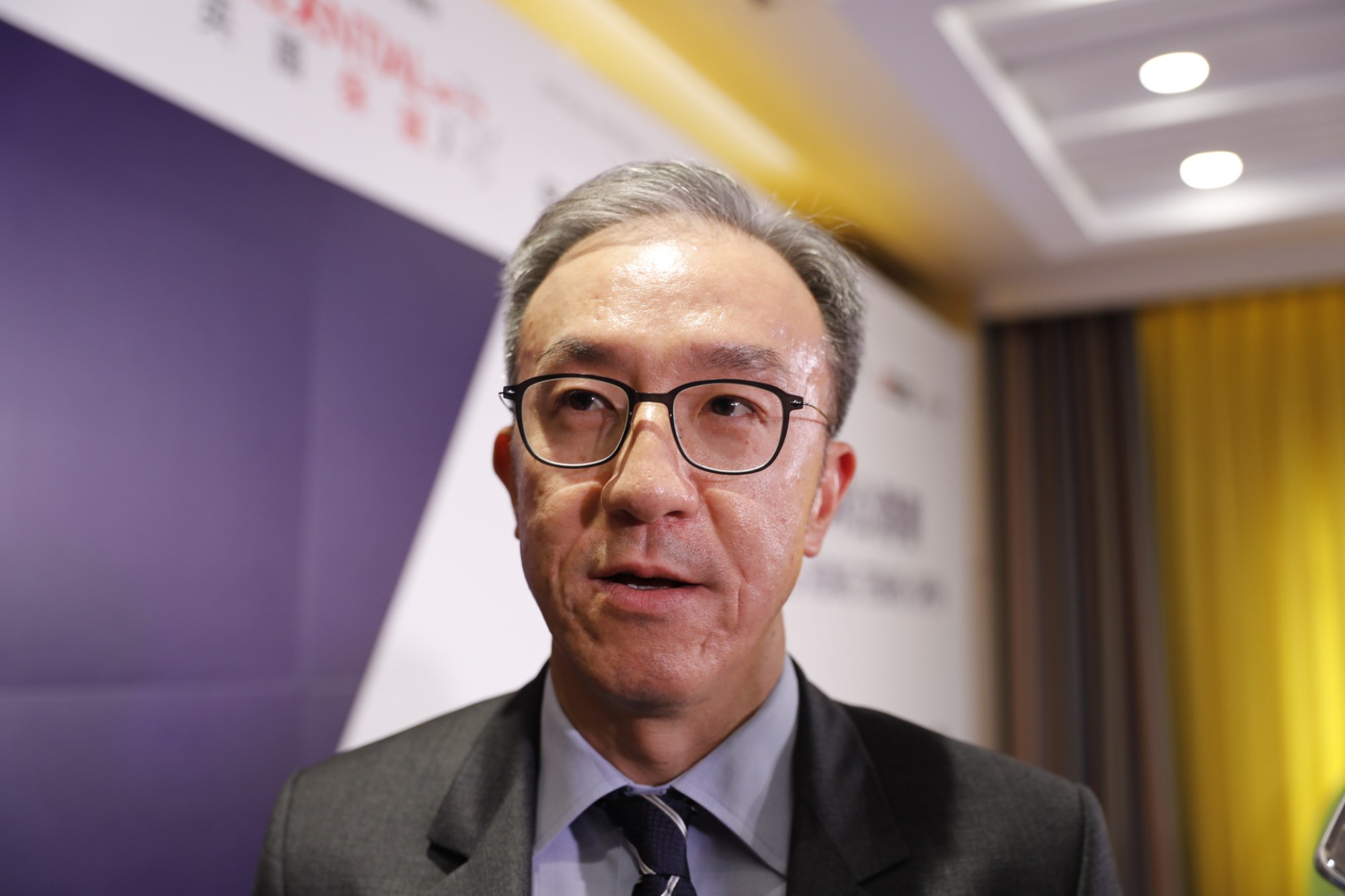
Coronavirus: Hong Kong sports community fears a lost generation of junior athletes, despite facilities finally reopening
- Swimming coach and former Olympian Sherry Tsai Hiu-wai says many clubs have lost at least a quarter of their novices
- Tennis Association president Philip Mok Kwan-yat warns large number of elite juniors aged 13-17 could ‘disappear’ because of a lack of training
There are fears a generation of junior athletes in Hong Kong may have been lost because of Covid-19 restrictions in the city.
Senior figures in the sporting community have welcomed the government’s announcement that swimming pools will reopen on Thursday and that masks will no longer be required for outdoor sport, but point out that several long shutdowns have taken a toll.
Beaches will also reopen to the public, two weeks sooner than originally planned, with Chief Executive Carrie Lam Cheng Yuet-ngor pointing to an improved coronavirus situation.
Swimming in Hong Kong has been hit particularly hard during the pandemic, with pools closed four times since January 29, 2020, for a total of 400 days, or roughly 13 months – resulting in a significant loss of young athletes, according to the three-time former Olympian-turned-coach Sherry Tsai Hiu-wai.

“Of course, I remember these dates because not only was my income [as a club coach] reduced and I had countless unpaid leave, but I could only conduct land training with swimmers online, and swimming training without a pool is very challenging,” former Asian Games medallist Tsai said.
“I know many clubs have lost at least a quarter of their novice swimmers, who have no obligation to continue without any swimming pool to train in. They are seeds to develop. Without them, it has a big influence on succession. We will see it in the next few years.”
“I hope there will be no more pool closures, as well as no more swimming prejudice. Why are we constantly isolated from other sporting facilities?” added Tsai, who has been coaching for 12 years and counts NCAA swimmer and Hong Kong record holder Wesley Ng Cheuk-yin among her high-profile students.

Tennis Association president Philip Mok Kwan-yat, who welcomed the government’s decision to drop face masks during outdoor exercise, hopes officials can “assess the hazards of each sport to design appropriate measures” going forward.
“Wearing masks when conducting exercise has no scientific proof [of preventing Covid-19 infections], and many professionals indicated that wearing masks when practising high-intensity sports is harmful,” Mok added.
Tennis courts in Hong Kong have been closed for nearly 270 days during the pandemic, and only just reopened on April 21 – something Mok fears could see a large number of elite juniors aged 13-17 “disappear” because of a lack of training.

“How can this group of elite kids, at least 70 of them under the Hong Kong Tennis Association, compete with others when they have classes to attend and cannot afford to participate overseas with more than 14 to 21 days isolation [in the past] when they return to Hong Kong?” Mok said.
“I can say it has moved an entire generation away from this group, which will have ramifications for finding successors to elite-level athletes in Hong Kong.”






